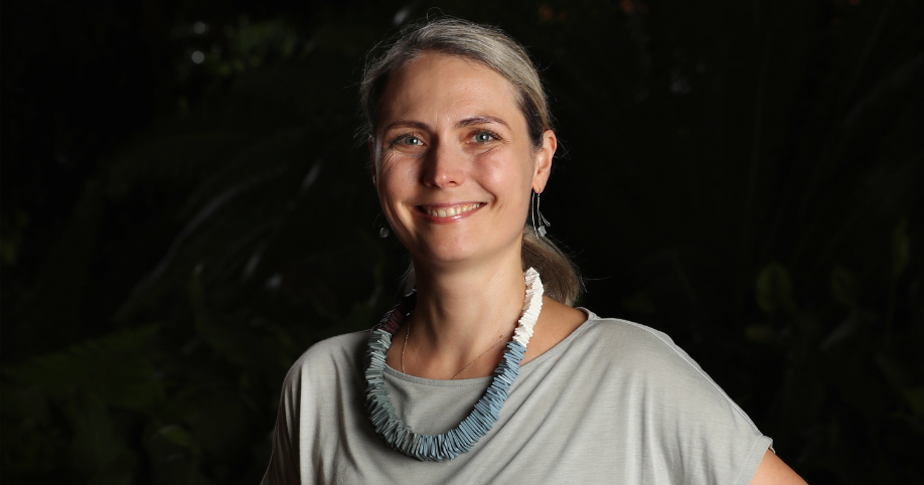
A Mater Research project that aims to uncover the drivers behind the development of Type 1 diabetes—and subsequently use this information to halt diabetes development in its tracks—has received a $USD200,000 funding boost from the Juvenile Diabetes Research Foundation (JDRF). The project, led by immunologist Dr Irina Buckle, will focus on a protein found on the surface of T cells and its link to the autoimmune attack that causes Type 1 diabetes.
Type 1 diabetes is a condition where certain types of immune cells, known as T cells, incorrectly attack the insulin-producing beta cells of the pancreas, leading to a loss of insulin production. More than 130,000 Australians live with the condition, and eight more Australians are diagnosed every day. Researchers, like Dr Buckle, are dedicated to creating a world without Type 1 diabetes.
The project, called “Defining the Immunomodulatory Effects of RAGE Targeting Therapies that Slow the Development of Type 1 Diabetes” will focus on targeting the Receptor for Advanced Glycation End products (RAGE) protein and understanding how the protein suppresses Type 1 diabetes.
Dr Buckle, based at the Translational Research Institute and a member the Glycation and Diabetes Complications Research Group led by Professor Josephine Forbes, said that this project will add to the growing body of knowledge on what drives the immune system to attack beta cells.
Following successful results from pre-clinical models, Dr Buckle's team will now use blood samples from children and teenagers who have been recently diagnosed with Type 1 diabetes—or who are at-risk of developing the condition—to monitor levels of RAGE protein on their white blood cells (T cells and dendritic cells).
“This is an important first step to understand how we can stop Type 1 diabetes from starting or progressing,” Dr Buckle said.
“From here, we also hope to determine whether RAGE can be targeted with therapies in pre-clinical models. If successful, this would become another strategy to add to our arsenal as we strive to create a world without Type 1 diabetes, and I am proud that my research is contributing to this endeavour.
“This JDRF funding will allow me to uncover new targets in the cells of people with Type 1 diabetes that may be different to those without the condition.”
Learn more about the Glycation and Diabetes Complications Research Group.



